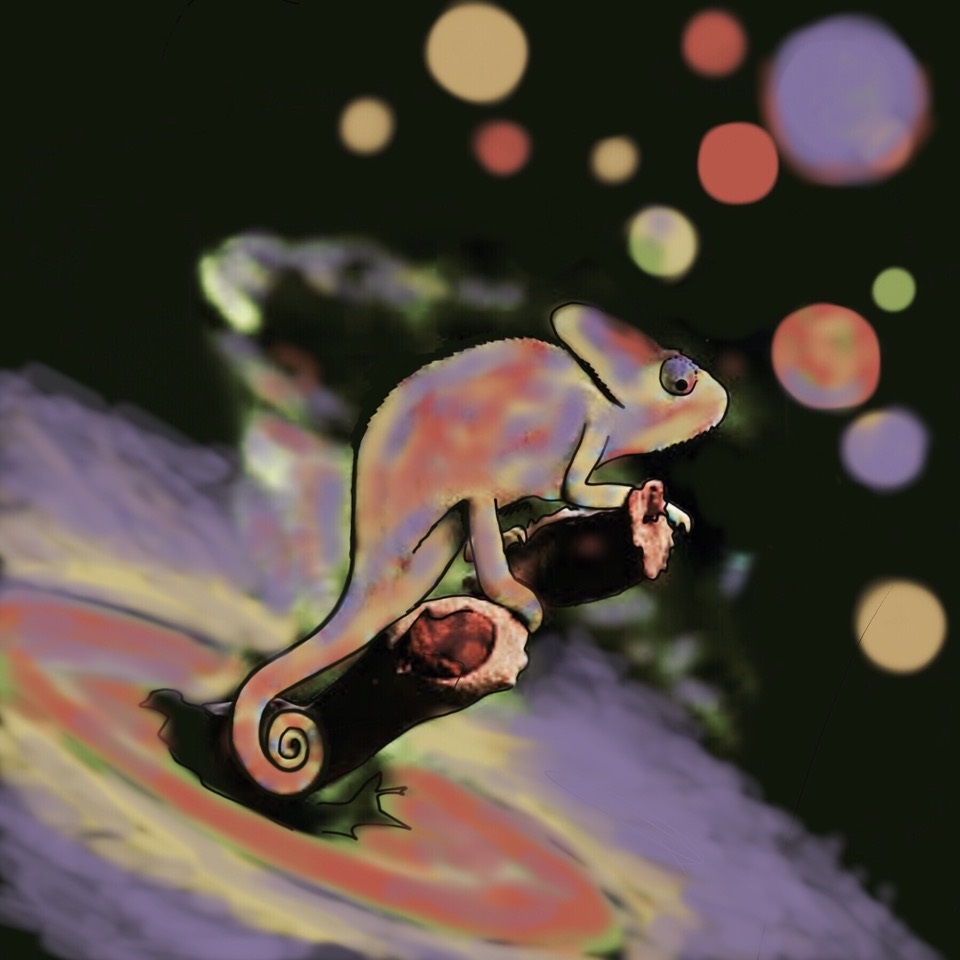De Europese commissie heeft een Horizon2020-subsidie toegekend aan Project Chameleon: een breed consortium waar SRON-programmaleider Michiel Min deel van uitmaakt, in het kader van de zogenoemde Marie Skłodowska-Curie Acties. Met ruim drie miljoen euro worden veertien promovendi aangesteld, waarvan twee aan de Rijksuniversiteit Groningen, vanuit SRON begeleid door Min.

De promovendi gaan theoretisch onderzoek doen op het raakvlak tussen planeetvorming en exoplaneten. Het is de bedoeling dat deze nieuwe combinatie een meerwaarde creëert voor beide vakgebieden. De promovendi worden bovendien breder opgeleid dan alleen op sterrenkundig vlak. Zo leren ze hoe je een ruimte-instrument realiseert, van idee tot werkend product, en werken ze samen met een kunstenaar bij het creëren van materiaal voor outreach.
Christiane Hellings (University of St. Andrews / SRON) is de hoofdaanvrager van deze Horizon2020 beurs.
Horizon2020 grant for combination of research areas planet formation and exoplanets
The European Commission has awarded a Horizon2020 grant to Project Chameleon: a broad consortium within the framework of the so-called Marie Skłodowska-Curie Actions. SRON’s Exoplanet program leader Michiel Min is a member of the consortium. Over three million euros will be used to appoint fourteen PhD students, two of which at the University of Groningen, supervised by Min on behalf of SRON.
The PhD students will conduct theoretical research at the interface of planet formation and exoplanets. The intention is that this new combination adds value to both fields. Moreover, the PhD students get a broader education rather than just astronomy. They learn for example how to create a space instrument, from idea to functioning product, and they work together with an artist in creating outreach material.
Christiane Hellings (University of St. Andrews / SRON) is the main applicant for this Horizon2020 grant.


